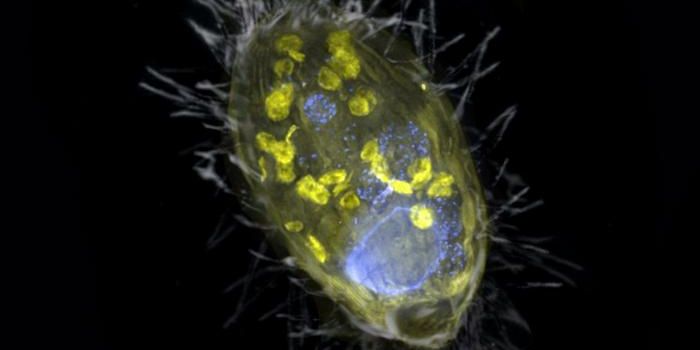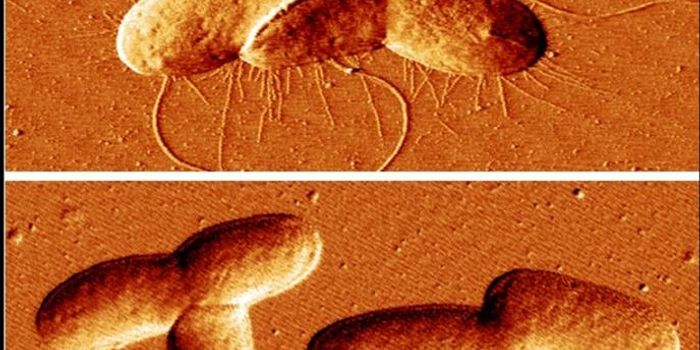How The Immune System Learns to Tolerate Gut Microbes
There are trillions of microorganisms living in our gastrointestinal tract. So why doesn't the immune system launch a massive response against all of those foreign microbes? Scientists have now provided new details about the process. The findings have been reported in Nature.
The gut microbiome has to maintain a careful balance, and promote the growth of healthy and beneficial organisms while tamping down the growth of potential pathogens. While scientists have not defined exactly what a healthy microbiome is made of, and it may differ from one person to another, we do know that when the balance in the microbial community of the gut is disrupted, health problems can arise.
White blood cells (WBCs) are essential to the immune system, and regulatory T (Treg) cells are a type of WBC that helps control the immune response to different kinds of bacteria. While Tregs can help prevent autoimmune disease, inflammatory diseases can arise in the gut when these cells are disrupted, to cause disorders like ulcerative colitis.
In this work, researchers used live cell imaging and genetic tools like spatial transcriptomics, which can show when and where genes are being expressed in cells and tissues. They examined the relationship between Tregs in the gut and a bacterium called Helicobacter hepaticus that can establish lifelong gut infections.
H. hepaticus can cause Tregs anywhere in the intestine to react, but tolerance to H. hepaticus seemed to be promoted in a specific layer of cells lining the intestine called the lamina propria. It has been thought that this process was mostly related to small lymphoid aggregates in the caecum and the colon, but this research has challenged that notion.
Tregs use a signaling molecule called IL-10, an anti-inflammatory cytokine, to build H. hepaticus tolerance. If there was inflammation in the intestine, however, then this tolerance would break down; then a type of dendritic cell that expresses CD103 and SIRPα took over, and began to interact with Tregs. This process appeared to cause tissue homeostasis to be lost.
Other interactions that relate to H. hepaticus were also revealed, such as a link between receptors on Tregs and macrophages, another type of immune cell.
"I'm really excited on the potential of these findings to inform on an ongoing clinical interest of mine: graft versus host disease," noted first study author Dr. Yisu Gu, "and how we can design better cellular therapies to improve patient outcomes."
Sources: University of Oxford, Nature









